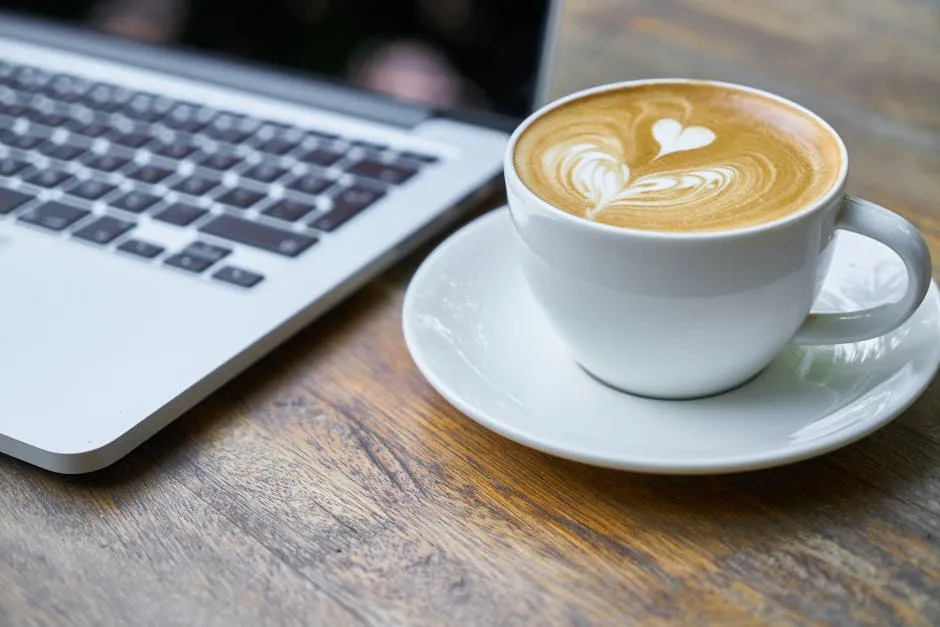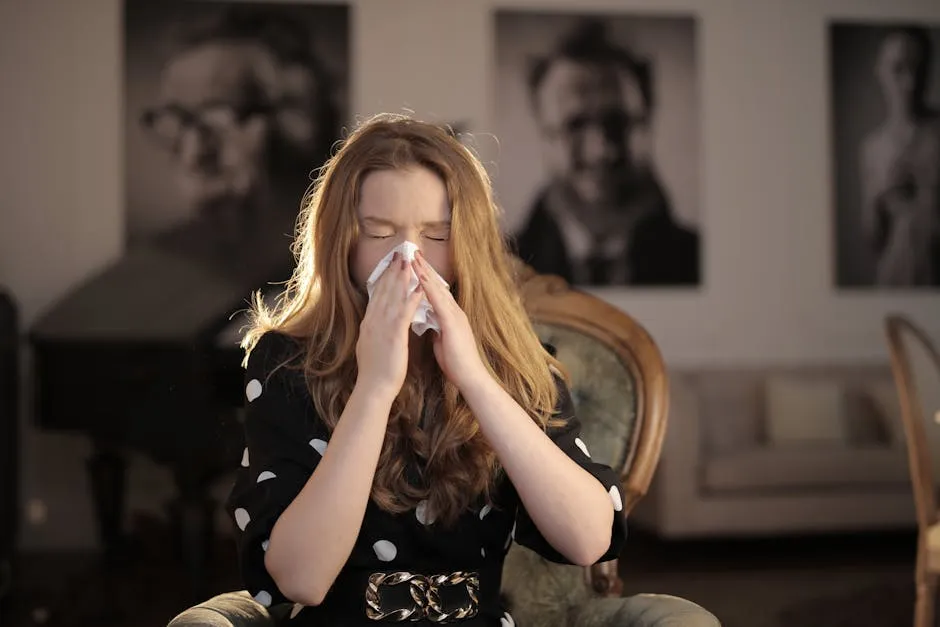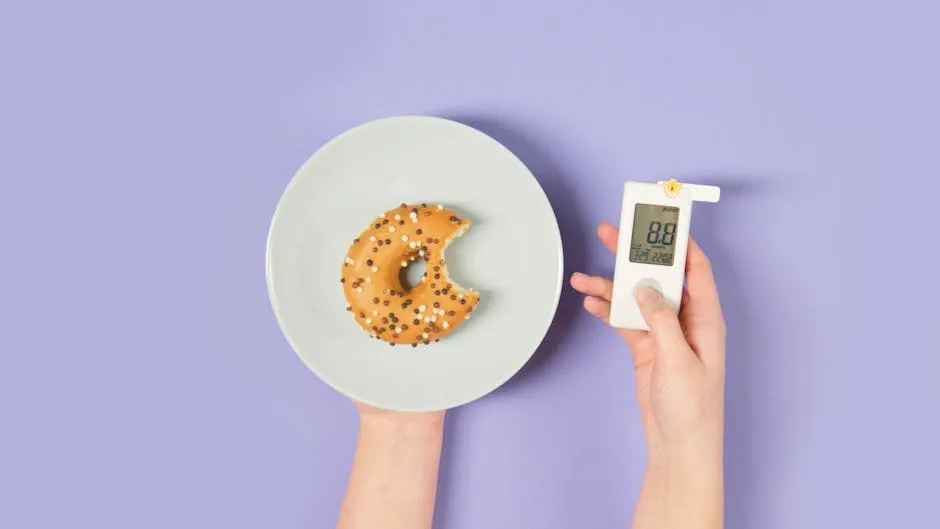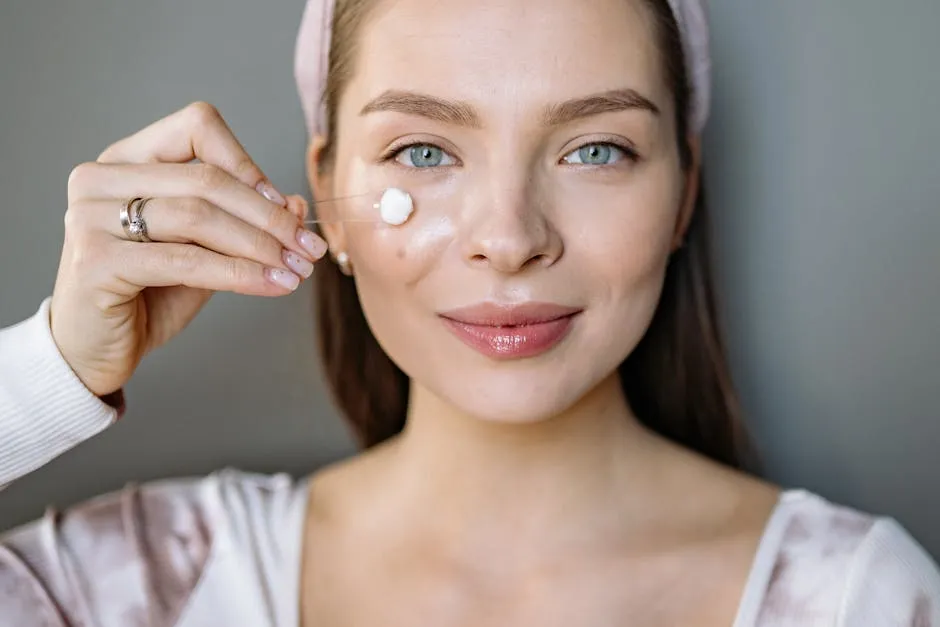
Why Does Caffeine Make Me Tired? Understanding the Science and Solutions
Why Does Caffeine Make Me Tired? Understanding the Science and Solutions
Introduction
Caffeine is a staple in many people’s daily routines, especially through coffee. It’s fascinating how caffeine can energize some while making others feel drowsy. This article aims to uncover why caffeine might lead to feelings of tiredness and provide practical solutions to combat this issue.
If you’re a caffeine lover, you know the struggle of keeping hydrated. Enter the Hydro Flask Water Bottle! This stylish bottle keeps your water cold for hours, so you can sip away while enjoying your favorite caffeinated beverages without the dehydration. Plus, it’s eco-friendly! Who knew staying hydrated could look this good?
Summary and Overview
Caffeine acts as a stimulant, boosting alertness and energy levels. However, its effects can vary widely among individuals. Some may experience fatigue after caffeine consumption due to factors like adenosine buildup, dehydration, sugar crashes, and overall health. This article will break down these aspects, starting with the science of caffeine, its role in the body, and potential solutions to mitigate tiredness. Understanding these components can help you manage your caffeine intake effectively and enhance your energy levels.
If you’re a coffee aficionado, you might want to check out the Nespresso Vertuo Coffee and Espresso Maker. This beauty brews both coffee and espresso, allowing you to indulge in whatever your heart desires. No more struggling with complicated machines; this one does it all with a simple push of a button!

The Science Behind Caffeine and Tiredness
How Caffeine Works in the Body
Caffeine is primarily known for blocking adenosine receptors in the brain. Adenosine is a neurotransmitter that promotes sleepiness. When caffeine enters your system, it competes with adenosine for these receptors, leading to increased alertness. This blockage is temporary, and once caffeine wears off, the accumulated adenosine can bind to receptors, resulting in feelings of tiredness.
As you consume caffeine regularly, your body may adapt by increasing the number of adenosine receptors. This change means that over time, you may need more caffeine to achieve the same energizing effects. The buildup of adenosine not only triggers tiredness but can also affect your overall mood and cognitive performance. Therefore, understanding how caffeine interacts with adenosine is crucial for anyone looking to manage their energy levels effectively.
Speaking of managing energy levels, why not try some delicious Protein Bars Variety Pack? They’re perfect for a quick snack that won’t send your blood sugar on a rollercoaster ride!

The Role of Sleep Deprivation
Lack of sleep can significantly heighten your dependence on caffeine. Many people rely on that extra cup to stay awake. However, this creates a cycle where caffeine masks fatigue without addressing the root cause: insufficient sleep.
In the U.S., over one-third of adults don’t get the recommended seven hours of sleep per night. This statistic is concerning and highlights a common issue. As sleep debt accumulates, your body craves caffeine to function.
Sleep debt refers to the difference between the amount of sleep needed and what you actually get. The greater the debt, the more fatigued you become. This fatigue can lead to increased caffeine consumption, which only perpetuates the cycle. Eventually, you end up feeling more tired after caffeine, as your body’s need for quality sleep remains unmet.

Caffeine Tolerance
Regularly consuming caffeine can lead to tolerance. Over time, your body adapts, requiring more caffeine to achieve the same stimulating effects. This means that what once energized you may no longer have the same impact.
As tolerance builds, you may find yourself reaching for additional cups, believing they’ll boost your energy. However, this can lead to feelings of tiredness when you don’t consume your usual amount. Your body’s chemistry shifts, making it easier to feel fatigued despite your caffeine intake.

Dehydration from Caffeine
Caffeine acts as a diuretic, which means it can increase urination and lead to dehydration. This loss of fluids can make you feel sluggish and tired. Symptoms of dehydration include dry mouth, dizziness, and fatigue.
When you’re dehydrated, your blood volume decreases, making it harder for your body to deliver oxygen efficiently. This can leave you feeling more exhausted than before. To combat this, it’s essential to stay hydrated. Drinking water alongside your coffee can help maintain your energy levels and reduce fatigue.

Blood Sugar Fluctuations
Adding sugar to your coffee can create energy spikes. When you consume sweetened coffee, your body releases insulin to manage blood sugar. This often leads to a sudden drop in glucose levels, resulting in fatigue. You might notice feeling tired shortly after that initial burst of energy. To maintain stable energy, consider alternatives like unsweetened coffee or natural sweeteners. Pairing coffee with protein-rich snacks can also help balance blood sugar and sustain your energy levels throughout the day.
If you want to sweeten your coffee naturally, try Organic Coconut Sugar. It’s a healthier alternative that won’t send your glucose levels soaring!

Genetics and Individual Differences
Genetic factors play a significant role in how caffeine affects you. Some people metabolize caffeine quickly, while others do so slowly. Specific genes, such as CYP1A2, influence this process. If you have a variant of this gene, caffeine might make you feel more jittery or anxious. Similarly, variations in the ADORA2A gene can affect your sensitivity to caffeine. Understanding your genetic makeup can help tailor your caffeine intake for optimal energy without feeling fatigued.

Other Contributing Factors
Stress and Its Impact
Stress has a profound effect on your energy levels. When you experience stress, your body releases cortisol, which can keep you alert. However, prolonged stress can lead to fatigue and disrupted sleep. Consuming caffeine during stressful times might exacerbate this issue. Caffeine can amplify your body’s stress response, leading to feelings of tiredness as the effects wear off. Prioritizing stress management techniques like mindfulness or deep breathing can help mitigate these effects, allowing you to enjoy caffeine without the subsequent fatigue.

For those moments of stress, consider using an Essential Oil Diffuser. It can create a calming atmosphere, making your space feel like a sanctuary!
Caffeine Withdrawal
When you cut back on caffeine, your body reacts. Withdrawal symptoms can include increased tiredness, headaches, and irritability. Caffeine has become a daily habit for many, so reducing intake might feel difficult. You may notice a dip in energy levels as your body adjusts.
To manage withdrawal, consider tapering your caffeine consumption gradually. Instead of quitting cold turkey, reduce your intake slowly over several days. This approach helps lessen withdrawal symptoms. Staying hydrated can also make a difference. Drinking plenty of water supports your body during this transition. Lastly, ensure you get enough rest to help combat fatigue during this period.

Strategies to Combat Tiredness After Caffeine
Moderation is Key
Caffeine can be beneficial, but moderation is essential. The FDA suggests limiting caffeine intake to about 400 milligrams daily. This amount typically equals two to four cups of brewed coffee. Monitoring your consumption helps prevent excessive intake, which can lead to fatigue.
Keep track of how much caffeine you drink each day. Record the number of cups and check for hidden sources, like sodas or energy drinks. Reducing caffeine gradually can also be helpful. This way, you can enjoy its benefits without experiencing the dreaded crash that often follows overconsumption.

Optimize Timing of Consumption
Timing your caffeine intake is crucial for maintaining energy levels. Consuming caffeine too late in the day can disrupt your sleep, leading to increased tiredness the next day. Aim to have your last cup of coffee by early afternoon. This allows your body to process the caffeine before bedtime.
Establishing a routine can help you manage your caffeine consumption effectively. Consider setting a cutoff time for caffeine, allowing at least six hours before sleep. By aligning your caffeine intake with your sleep schedule, you may find a better balance, minimizing tiredness while maximizing alertness.

Stay Hydrated
When you enjoy coffee, hydration is crucial. Caffeine is a diuretic, meaning it can lead to increased urination. This loss of fluids can make you feel sluggish and tired. To combat this, try drinking water alongside your coffee. Keeping hydrated helps maintain your energy levels and supports overall health. Aim for a glass of water for every cup of coffee you drink. By staying hydrated, you can enjoy your favorite brew without the unwanted fatigue that often follows.
For those who love coffee on the go, consider a Travel French Press Coffee Maker. It’s perfect for brewing your favorite cup while you’re out and about—no more excuses for not enjoying quality coffee!

Consider Alternatives
If coffee isn’t working for you, consider some alternatives. Herbal teas, for example, can provide a soothing experience without caffeine’s side effects. You might also try decaffeinated coffee, which still offers that familiar taste but with less caffeine. Additionally, focusing on balanced meals can stabilize your energy levels. Include proteins, healthy fats, and complex carbohydrates in your diet. This way, you’ll feel energized without the peaks and crashes associated with caffeine.

Conclusion
Understanding why caffeine may make you feel tired is essential for managing your intake. Key points include hydration, the impact of sugar, and considering alternatives to coffee. Everyone’s response to caffeine varies, so it’s vital to know your body. Experiment with the strategies discussed to see what works best for you. By making these adjustments, you can enjoy caffeine’s benefits while minimizing any fatigue it may cause. Remember, staying aware of your body’s signals is the key to feeling your best.
If you want to know more about the impact of caffeine, especially after PRP treatments, check out this article on why no caffeine after PRP.
And for those cozy nights in, a Sleep Sound Machine can help create the perfect ambiance for a restful night. Sweet dreams!
Please let us know what you think about our content by leaving a comment down below!
Thank you for reading till here 🙂
All images from Pexels




